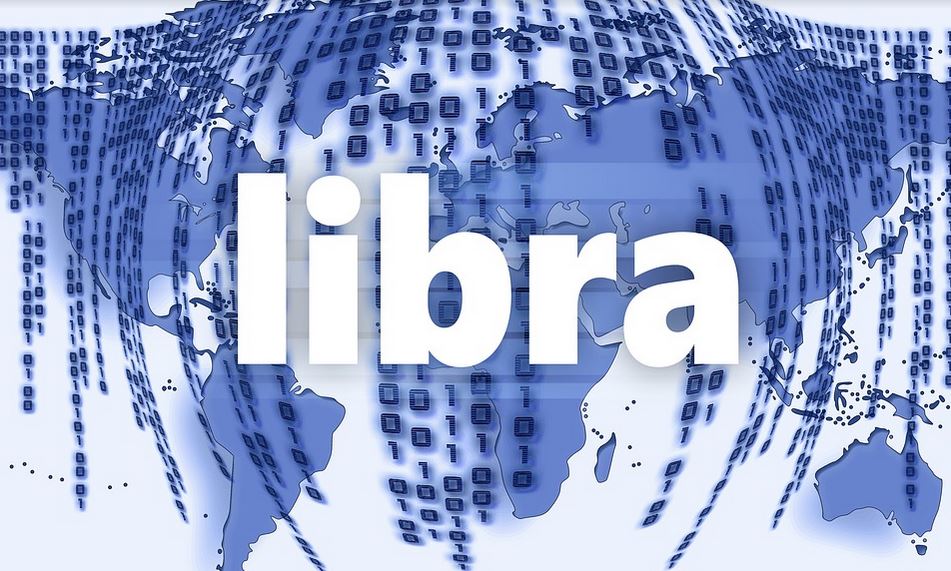Table of Contents
France, Italy and Germany are together preparing a series of measures to ban the future virtual currency of Facebook in Europe, announced the French Minister of Economy Bruno Le Maire Friday.

Bruno Le Maire wanted to fight against Libra, the fight is becoming increasingly clear: on Friday 18 October, the Minister of Economy announced that France, Italy and Germany were jointly preparing a series of measures to ban the future cryptocurrency of Facebook in Europe.
“In the coming weeks we will take a number of initiatives, including my German and Italian colleagues Olaf Scholz and Roberto Gualtieri, to make it clear that the Libra is not welcome in Europe because our sovereignty is at stake”, he said at a press conference in the margins of the meetings of the IMF and the World Bank in Washington.
“We will not accept that a private multinational company should have the same power, the same monetary power, as sovereign states subject to democratic control,” he added. “Because the big difference between Facebook and States is that we are subject to democratic control, that is to say, popular control.
The G7, the group of seven most industrialized countries (Canada, France, Germany, Italy, Japan, Japan, Japan, the United Kingdom and the United States), which met on Thursday in Washington, already agreed that there is a need for the establishment of a legal framework.
Preserving the autonomy of democratic states
But Europeans seem to want to go further simply by banning the Facebook coin.
Olaf Scholz followed in the footsteps of his French counterpart and stressed that he was “very skeptical” about the Libra. “I am in favor of not allowing the introduction of such a global currency, because that is the task of democratic states,” he said.
He also recognizes that it is “necessary” to reform the banking and services sector in order to make international cross-border payments simpler, faster and cheaper, “but at the same time it is necessary to preserve the autonomy of democratic states”, he added.
The Italian Finance Minister was not immediately available to comment on this information.
Do we want a monetary policy in the hands of a private company?
“I repeat, our priority today is to work with the regulators to answer their legitimate questions and give them all the necessary guarantees,” said Bertrand Perez, Director-General of the Libra Association.
But Bruno Le Maire seemed to reject the idea of working hand in hand with Facebook. He recalled one of the particularly controversial points: the fact that the Libra will be supported by a basket of currency.
“Facebook can suffice to decide to have more euros or more dollars to have an impact at the level of the exchange rate of the euro or the dollar and thus to have a direct impact on trade, industry and the countries whose reference currency is the euro or the dollar,” he stressed.
The French minister concluded: “Do we want monetary policy to be in the hands of a private company like Facebook? My answer is clearly ‘no’.
However, Bruno Le Maire stressed that he was not opposed to the introduction of a single digital currency, on which France is prepared to work ‘within a European framework’. “The right answer is not a private digital currency led by one of the world’s largest multinationals, with 2.4 billion customers,” he said.
PayPal, Visa, MasterCard and eBay Defect
G20 finance ministers in Washington called for an assessment of the risks of stable digital currencies, such as the Facebook Libra before their launch.
“We recognize the potential benefits of innovation in the financial sector, but agree that stable digital currencies carry a number of important political and regulatory risks,” said the Japanese G20 Presidency in a statement.
The G20 refers in particular to money laundering, illegal financing or a weakening of consumer and investor protection. “These risks need to be assessed and properly addressed before such projects can start,” he added.
The Libra Association was officially launched on Monday by 21 founding members in Geneva, including PayU, Vodafone, Iliad, Uber, Spotify, Anchorage, Coinbase, Andreessen Horowitz and Kiva.
However, the project has recently been weakened by the defection of PayPal, Visa, MasterCard and eBay.



